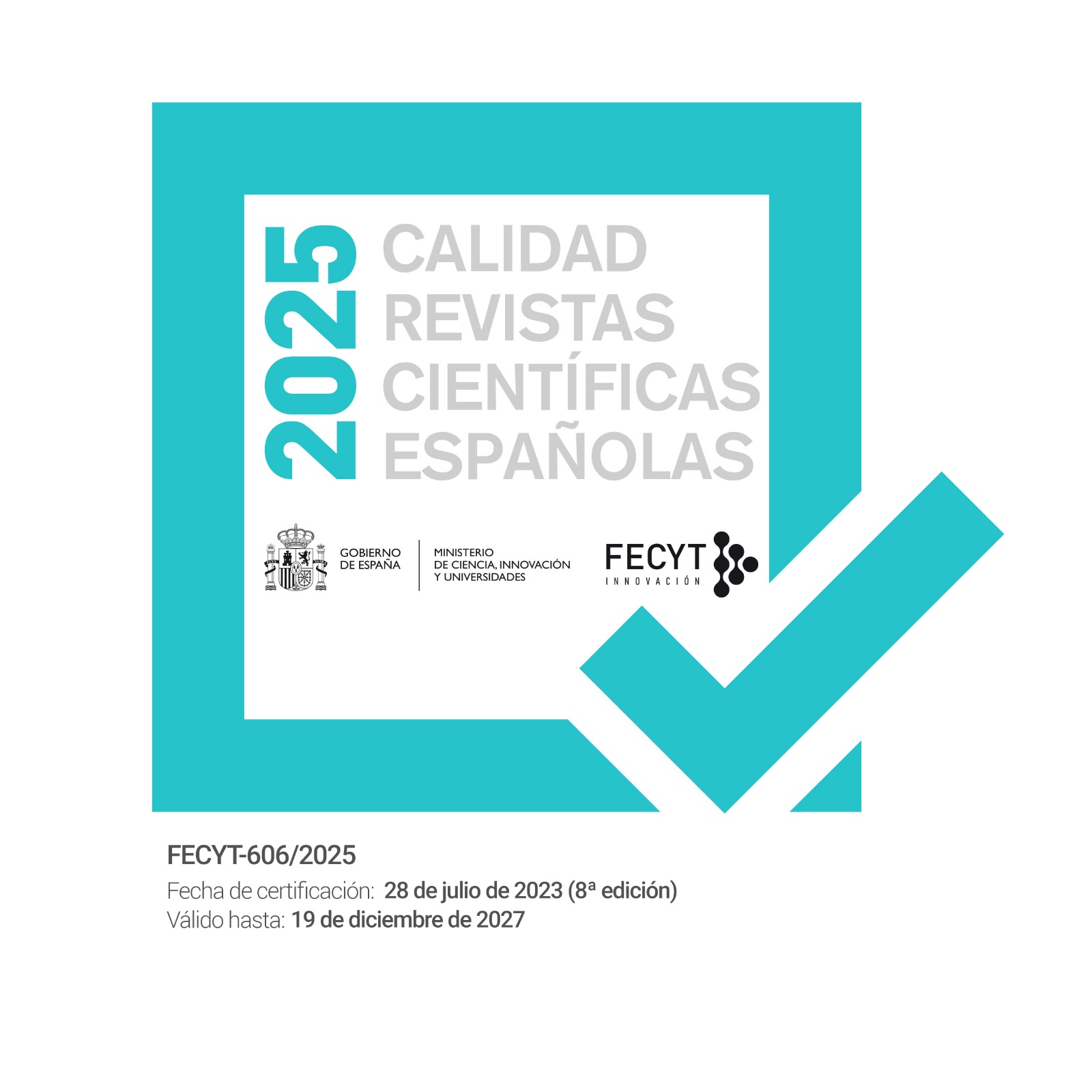Francisco de Vitoria and the Black Legend
Keywords:
Black Legend, Spanish Empire, Lutheranism, American Indians, Ius GentiumAbstract
The wars provoked by the religious schism and the formation of new states in Europe during the sixteenth and seventeenth centuries also generated a propaganda war against the then Spanish Empire, bastion of the Roman Catholic Church, whose topics have endured in one form or another in Western culture, in what is known as Black Legend. It is a historical distortion based on exaggerating the negative and omitting the positive, which can be explained as a foundational account of new religions, countries and ideologies. However, for other reasons, it has also been largely assimilated by the Spanish themselves and other peoples of the Hispanic world. In the last century, based on documentary studies, a part of historiography has come to recognize such exaggerations and omissions; but some stereotypes remain in mass culture, the media and the education system. A victim of the Black Legend has been Dominican thinker Francisco de Vitoria, initiator of the Salamanca School, buried in oblivion for 300 years and finally recognized as a founder of international law and a precursor of fundamental human rights. But Vitoria is also a key figure in overcoming legendary topics, since he was at the center of the theological response to the Protestant Reformation and the controversy about the treatment given by the Spanish Empire to Native Americans. In addition, Vitoria’s Law of Nations and his conception of the Communitas Orbis constitute a superior alternative to the dominant Anglo-Saxon reductionist thinking that had condemned him to oblivion.
Downloads
Downloads
Published
How to Cite
Issue
Section
License
Creative Commons Reconocimiento-NoComercial-SinObraDerivada 4.0 España (CC BY-NC-ND 4.0 ES)




